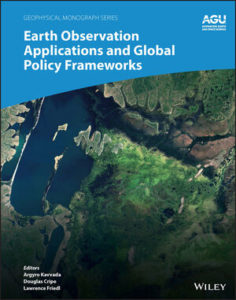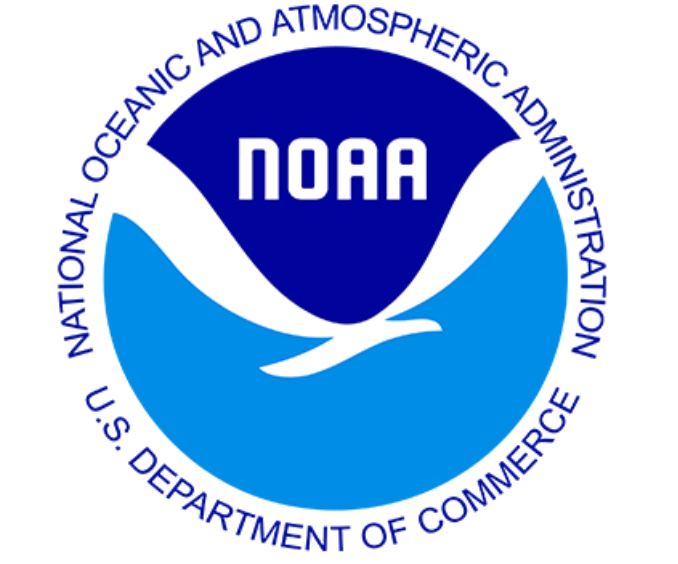Earth Observation Applications and Global Policy Frameworks | Wiley has now gone to press! Congratulations to the many authors who contributed to this book, including many members of GEO AquaWatch.
The country in which this title will publish first is the U.S. and that is expected to be in September 2022. Publication in other locations can be up to six weeks later.
About this book…..
Data and insights from Earth observations are critical for assessing the health of our planet, monitoring change, and addressing societal challenges from the local to the global scale.
Earth Observation Applications and Global Policy Frameworks presents case studies of Earth science information integrated with statistics and socioeconomic data for managing development targets, improving disaster resilience, and mitigating and adapting to climate change. It also showcases open collaboration among researchers, United Nations and government officials, entrepreneurs, and the public.
Volume highlights include:
- Case studies of projects working with local and national governments, and through public-private partnerships, to make the most of the large volume of complex and diverse Earth science information sources
- Applications from diverse disciplines including wetland preservation, food security, water quality, marine conservation, disasters, urbanization, drought and land degradation, and greenhouse gas monitoring
- Examples of internationally coordinated initiatives that are driving progress on three landmark United Nations agreements
- Resources for decision-makers and practitioners in local and national governments






